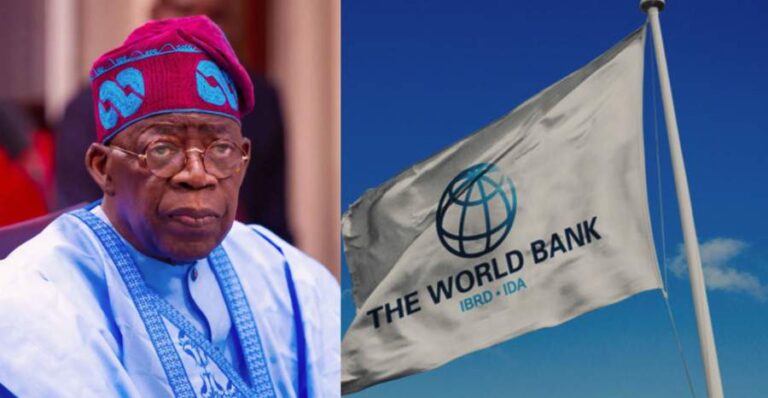Nigeria recently received significant financial backing from the World Bank, securing a $1.57 billion loan aimed at transforming essential sectors, including education, healthcare, and climate resilience.
This major loan, approved on September 26, 2024, highlights Nigeria’s ongoing efforts to address its developmental challenges, particularly in improving governance and reducing poverty.
The Importance of the Loan
The World Bank’s decision to grant Nigeria this loan is crucial for the country’s socioeconomic development.
With over $15 billion already owed to the World Bank, Nigeria continues to rely on these funds to tackle longstanding issues like poor healthcare access, low education quality, and environmental risks.
This new financing package is expected to directly benefit millions of Nigerians, particularly vulnerable groups such as women and children.
Breakdown of the Loan
The $1.57 billion loan is allocated to three major projects, each designed to tackle specific challenges:
- HOPE-GOV Program ($500 million): One of the biggest portions of the loan is dedicated to addressing governance issues in Nigeria’s education and healthcare sectors through the HOPE-GOV (Health and Education Governance) program. The focus here is on improving financial management and human resource allocation, ensuring that resources are used more effectively. This program aims to enhance transparency and accountability, making sure that basic services reach those who need them the most.
- HOPE-PHC Program ($570 million): This part of the loan targets Nigeria’s healthcare system through the HOPE-PHC (Primary Healthcare Provision Strengthening Program), particularly services for women, children, and adolescents. By improving access to healthcare, especially in rural areas, this initiative aims to reduce maternal and child mortality rates. The project also seeks to bolster the healthcare infrastructure to make it more resilient to future challenges.
- SPIN Program ($500 million): Nigeria’s ongoing battle with climate-related challenges is also a focus of the World Bank’s loan. The SPIN (Sustainable Power and Irrigation for Nigeria) program will use these funds to improve irrigation systems and enhance dam safety, which is crucial given Nigeria’s frequent floods. The project will also look at increasing hydropower generation, helping the country address its energy needs while reducing its vulnerability to environmental disasters.
Addressing Nigeria’s Pressing Issues
Nigeria faces several critical challenges, including a high number of out-of-school children, especially in the northern regions affected by insurgency and insecurity.
In response, the HOPE-GOV program will help tackle these issues by enhancing access to education and improving governance in this sector. The funds will also be used to ensure that healthcare services are more readily available, particularly for vulnerable populations in underserved regions.
In addition to education and healthcare, climate resilience is another major area of concern. Flooding has been a significant issue in Nigeria, displacing millions and causing widespread destruction.
The SPIN program will focus on dam safety and water management, mitigating the risks of floods and droughts. This initiative will not only protect people’s livelihoods but also boost agricultural productivity by improving irrigation infrastructure.
Long-term Benefits for Nigeria
Dr. Ndiamé Diop, the World Bank Country Director for Nigeria, emphasized that these investments will have long-term benefits for the country.
By improving healthcare and education through the HOPE-GOV and HOPE-PHC programs, Nigeria can expect better employment prospects, increased productivity, and poverty reduction in the long run.
The SPIN project, in particular, is expected to have a direct positive impact on the livelihoods of farmers and communities vulnerable to climate change.
Furthermore, this loan comes at a time when Nigeria is navigating significant economic challenges, including rising debt servicing costs and external shocks from global financial markets. The World Bank’s financial support not only alleviates immediate developmental pressures but also provides a foundation for future growth.
The new financing will help to address significant challenges faced by Nigerians, particularly women and girls, in accessing quality healthcare and services.

